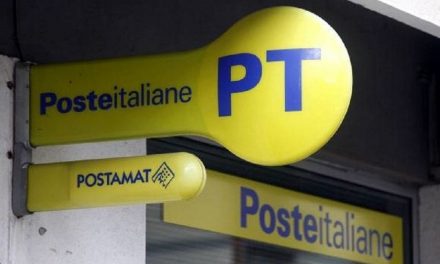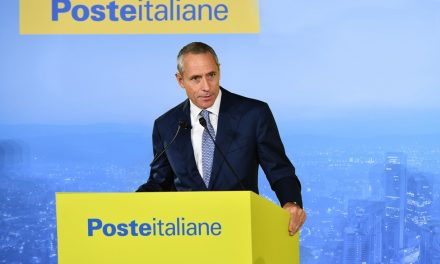
EU delays Postal Service shakeup
Rather than stick to a 2009 deadline to open postal markets, the EU will likely O.K. different dates for different countries
The result is more important than the speed of the liberalisation, the German EU presidency has said, signalling that some EU member states will get more time to open up the postal services market than the 2009 deadline proposed by the European Commission.
Berlin had aimed to wrap up the talks on the postal plan by July, when Portugal takes over the EU’s chair, but the meeting of transport and telecommunication ministers in Luxembourg on Thursday (7 June) highlighted severe opposition in around 10 countries, such as France and Poland.
The new emerging timetable looks likely to list different dates for different countries, with the latest deadlines mooted between 2012 and 2013, according to observers.
Speaking to journalists after the debate, the German minister for economy, Michael Glos, tried to play down the differences, pointing out “There is some tension but I get the impression that there’s awareness that it [liberalisation] will be in favour of competition and European consumers.”
But it was precisely the potential consequences of competition for both postal workers and consumers in remote areas that the opponents of the 2009 plan cited as their main reason for rejecting it.
Long and winding road
The EU started out on the road to opening up the 90 billion postal sector 15 years ago and the current proposal would finalise the process, meaning that national postal operators would lose their monopoly over the distribution of any type of mail, including letters weighing less than 50 grammes.
Britain and Sweden have already completed the liberalisation of their postal markets while Germany, the Netherlands and Finland are en route to doing so – with their ministers favouring the Brussels plan.
But in countries where a public company still has a full or partial monopoly to deliver these services – such as France’s La Poste or Italy’s Poste Italiane, the liberalisation move could lead to considerable job losses.
Some new member states such as Poland also expressed concerns that their postal services are not yet prepared for such a step forward.
Mr Glos maintained that no country wanted to “derail the process” but he suggested that the compromise plan to be worked out by the German presidency and taken up by Portugal will propose that countries can “proceed at different speed.”













